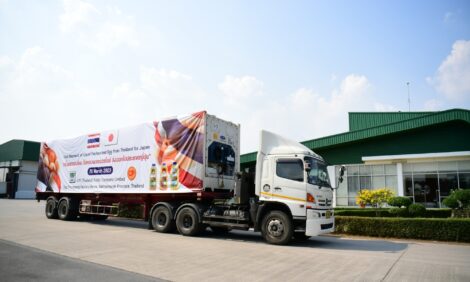



Bird Flu Found in Wild Duck in Wales
UK - The Chief Veterinary Officer for Wales has confirmed today (22 December) a finding of Highly Pathogenic Avian Influenza H5N8 in a wild duck, a wigeon, in Llanelli, Carmarthenshire.The confirmation of the disease in this wild bird follows the introduction of a Prevention Zone in Wales on 6 December, which requires all keepers of poultry and other captive birds to keep their birds indoors, or take appropriate steps to keep them separate, and protect them, from wild birds.
The Welsh Chief Veterinary Officer, Christianne Glossop, said: “This finding serves to remind us all of the risk of infection. The Prevention Zone and temporary suspension on gathering of poultry remain in place. It is also important that bird keepers practice the very highest levels of biosecurity.
"Even when birds are housed, there remains a risk of infection and keepers of poultry and other captive birds should ensure every effort is made to prevent contact with wild birds. The movement of poultry should be minimised, and clothing and equipment should always be disinfected.”
The British Veterinary Association (BVA), BVA Welsh Branch and the British Veterinary Poultry Association (BVPA) responded: “The identification of Avian Influenza in a wild bird in Wales illustrates both the ongoing importance of a robust veterinary surveillance system and the risk of infection to domestic poultry from wild birds. BVA, BVA Welsh Branch and BVPA urge all vets and poultry keepers to remain vigilant to signs of the disease and heed the biosecurity advice issued by the Welsh Government. Any suspicion of avian influenza should be reported to the APHA as soon as possible.
“We’d like to also emphasise that the risk to public health from this strain is very low and that the Food Standards Agency has made clear that there is no food safety risk to consumers, with thoroughly cooked poultry and poultry products still safe to eat.”
Members of the public are encouraged to report dead wild waterfowl (swans, geese or ducks) or gulls (species known to be infected in Europe), or five or more dead wild birds of other species in the same location, to the APHA helpline on 03459 335577.








